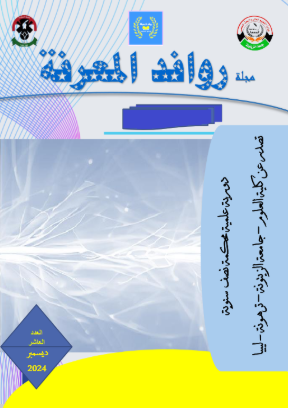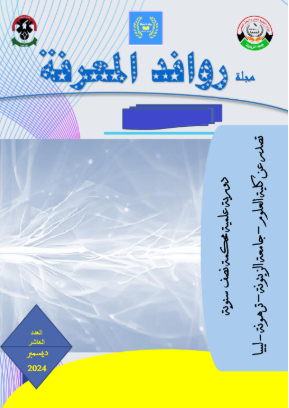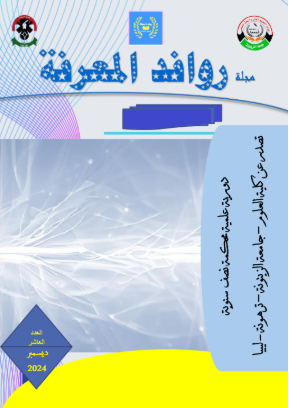Performance Evaluation of End-to-End Delay per Packet Over MANET Reactive Routing Protocols

Downloads
Mobile Ad-hoc Networks or MANETs are characterized by connectivity via a collection of wireless mobile nodes. MANETs are organized in situations where no base station is available. However, numerous routing protocols have been developed particularly for these circumstances during the last years, to discover and maintain optimized paths from a source to an intended destination in the network. In this paper, we evaluate and analyze the performance of most important reactive routing protocols i.e. DSR and AODV based on end-to-end delay per packet. This evaluation and comparison is very useful for researchers in understanding the conditions and challenges for reactive routing protocols in mobile ad hoc setting and structures the basis of designing and developing a novel routing protocol. Our simulation results based on simulations carried out utilizing Global Mobile Simulator (GloMoSim). Practically, the performance evaluation of AODV and DSR protocols has done in three simulation scenarios with respect to End-to-End Delay per data packet. Consequently, simulations show that DSR protocol out performance AODV routing protocol in most cases of node mobility, offered load and network size.
Copyright (c) 2023 Rawafed Almarefa Journal

This work is licensed under a Creative Commons Attribution-NonCommercial-NoDerivatives 4.0 International License.
All articles published in Rawafed Almarefa Journal for Natural and Applied Sciences are licensed under the Creative Commons Attribution-NonCommercial-NoDerivatives 4.0 International License (CC BY-NC-ND 4.0).
This license allows others to download and share the published work provided they credit the journal and the authors, but they may not change the content in any way or use it commercially.
The copyright for published articles remains jointly held by the journal and the author(s).
For more information, please visit:
https://creativecommons.org/licenses/by-nc-nd/4.0/










